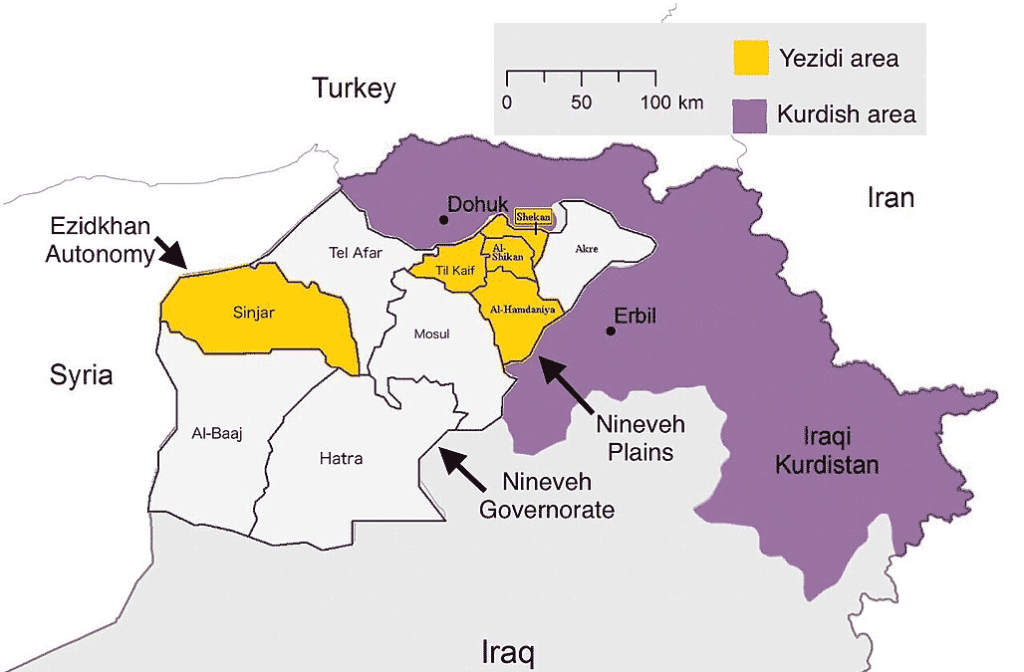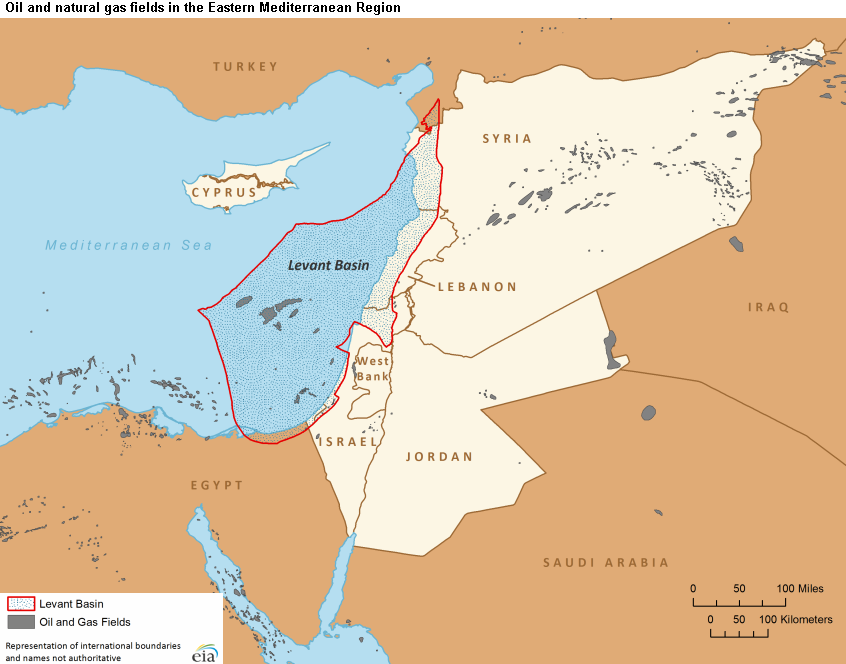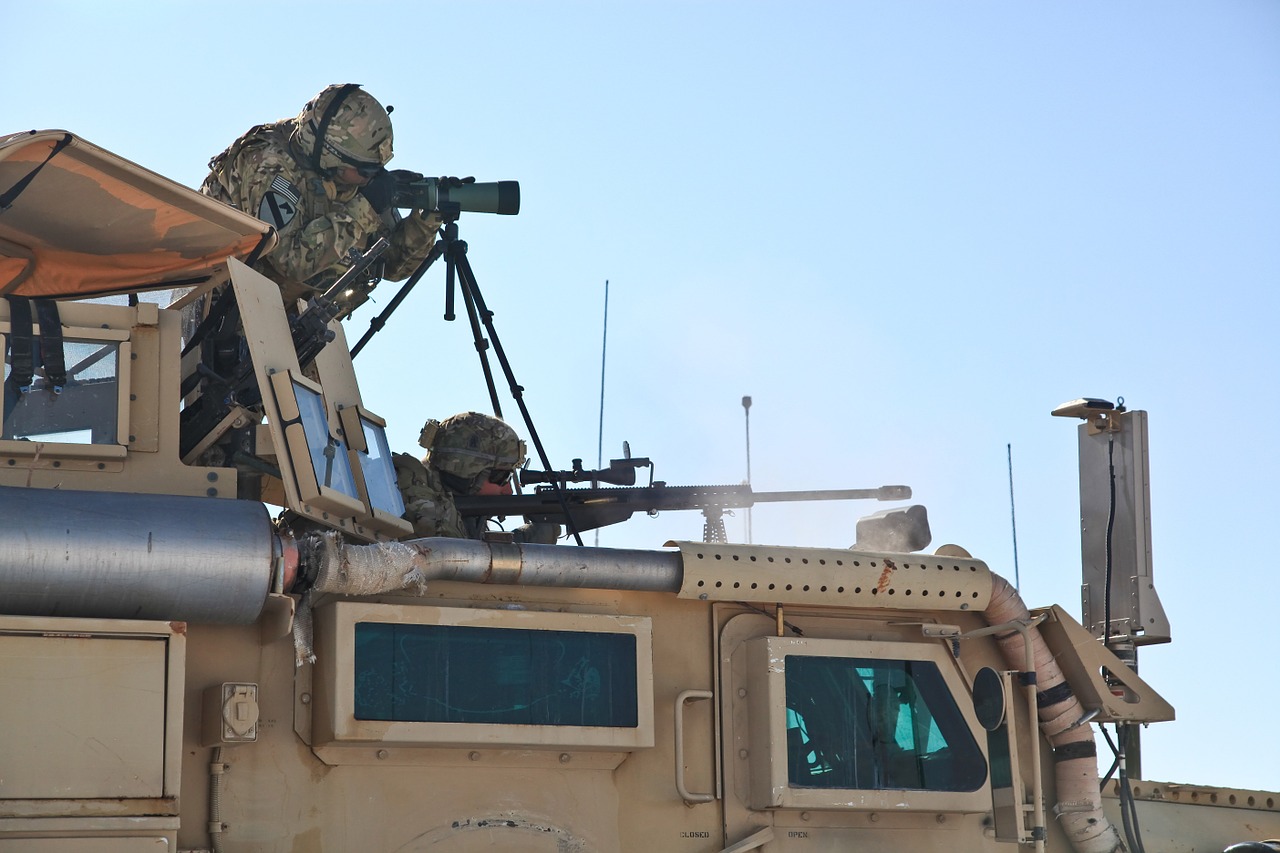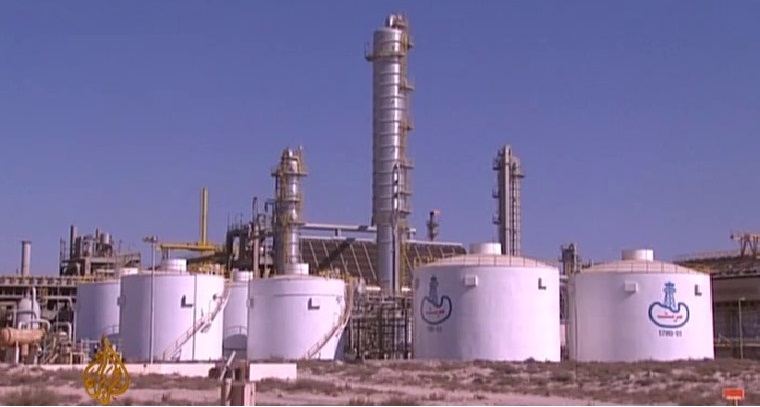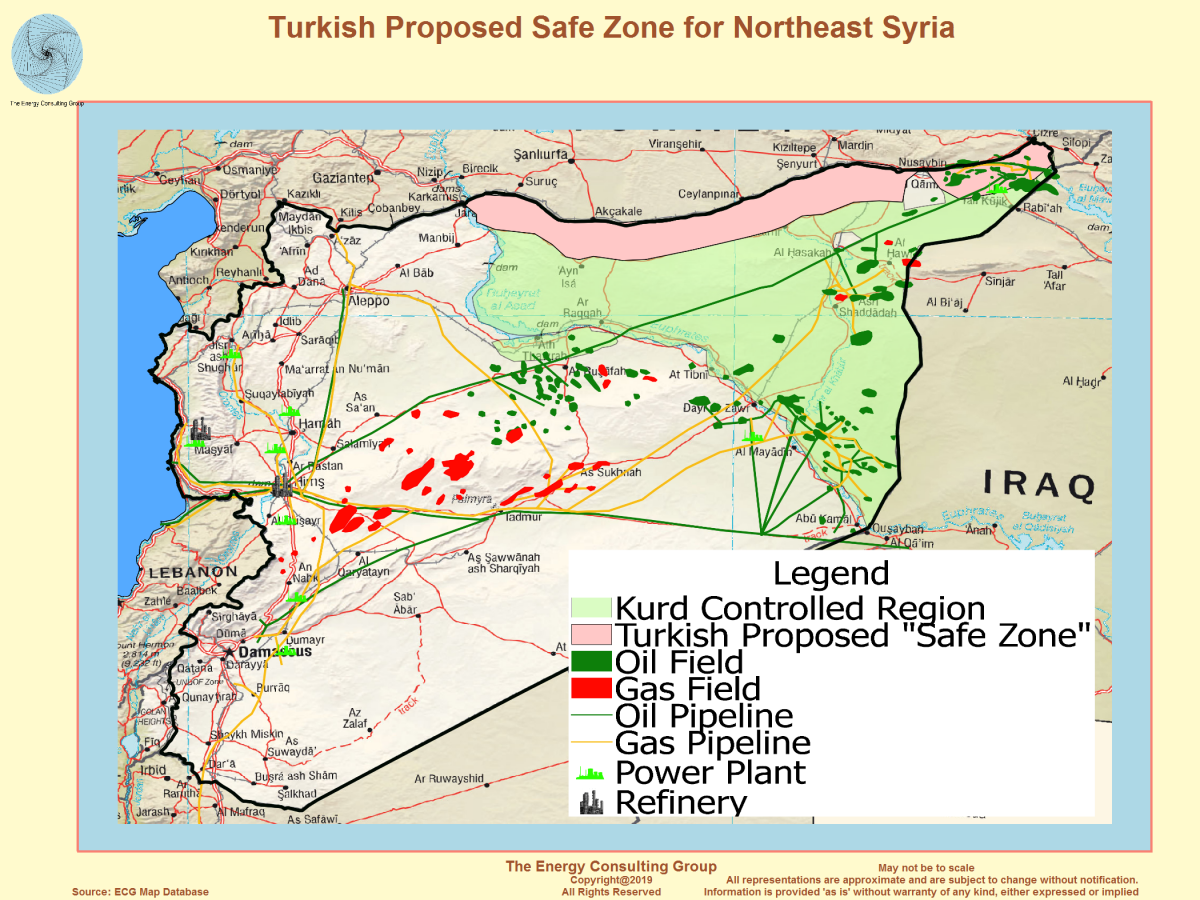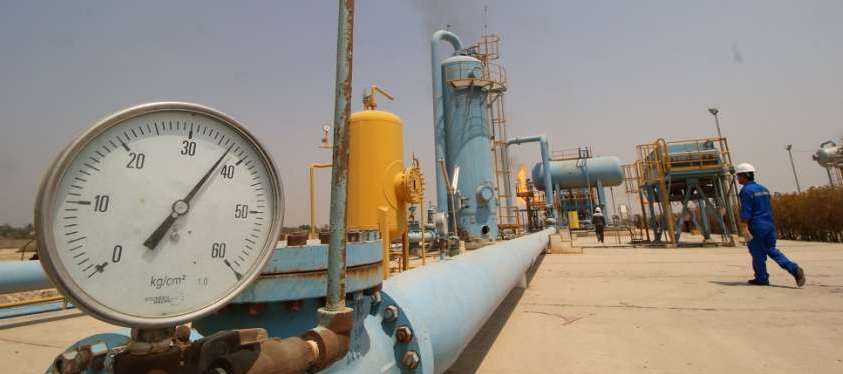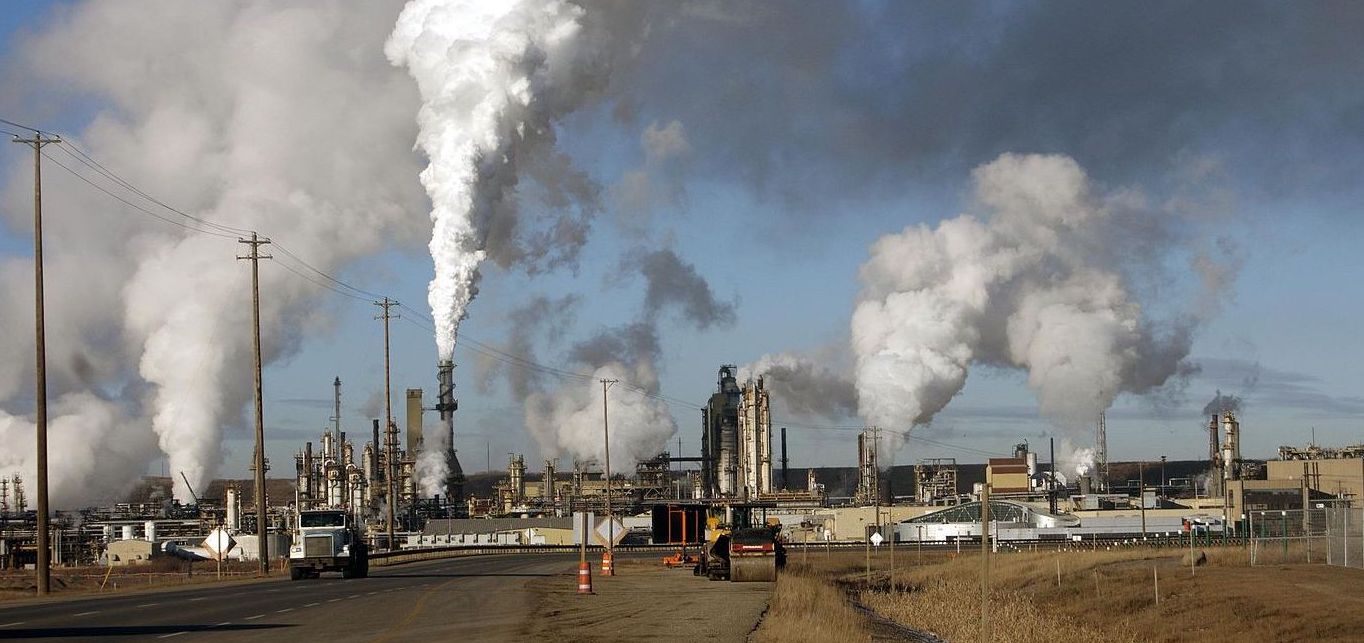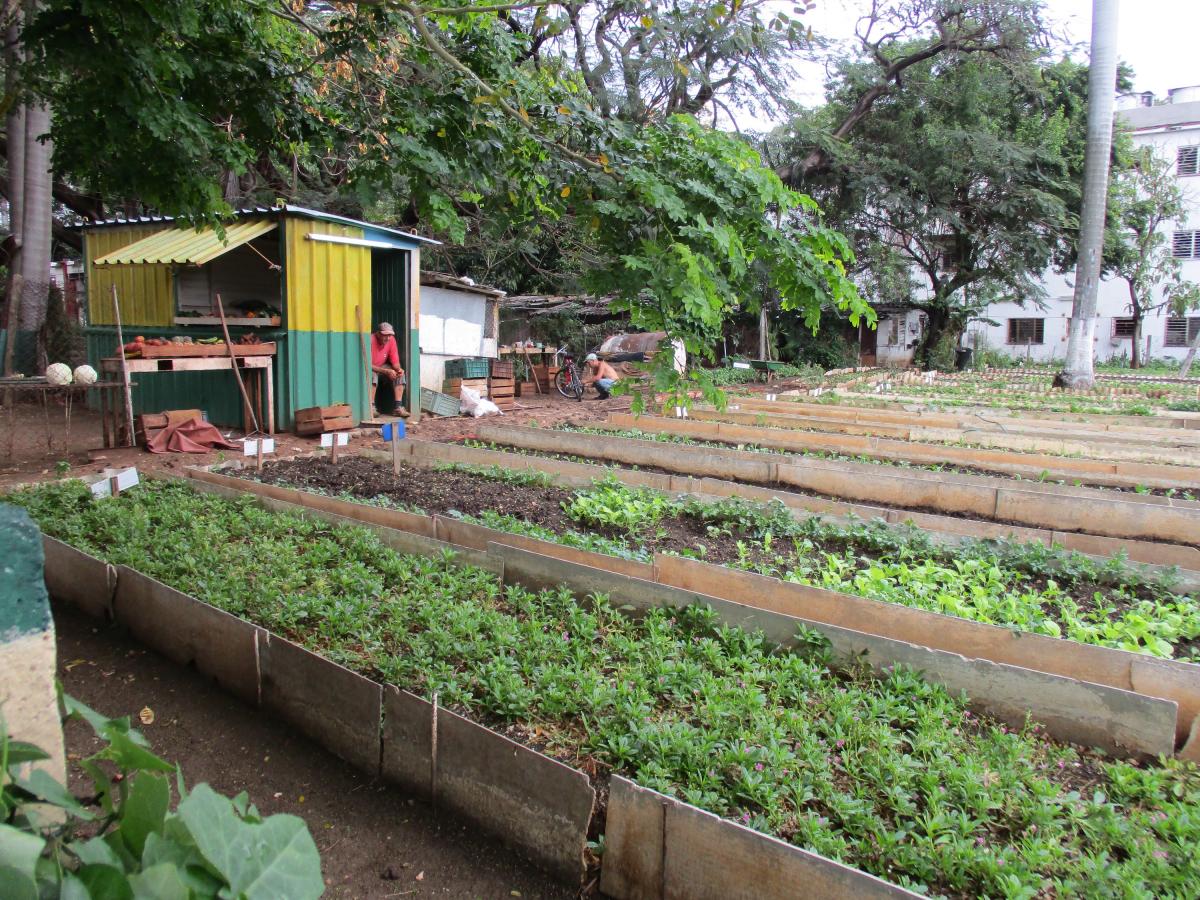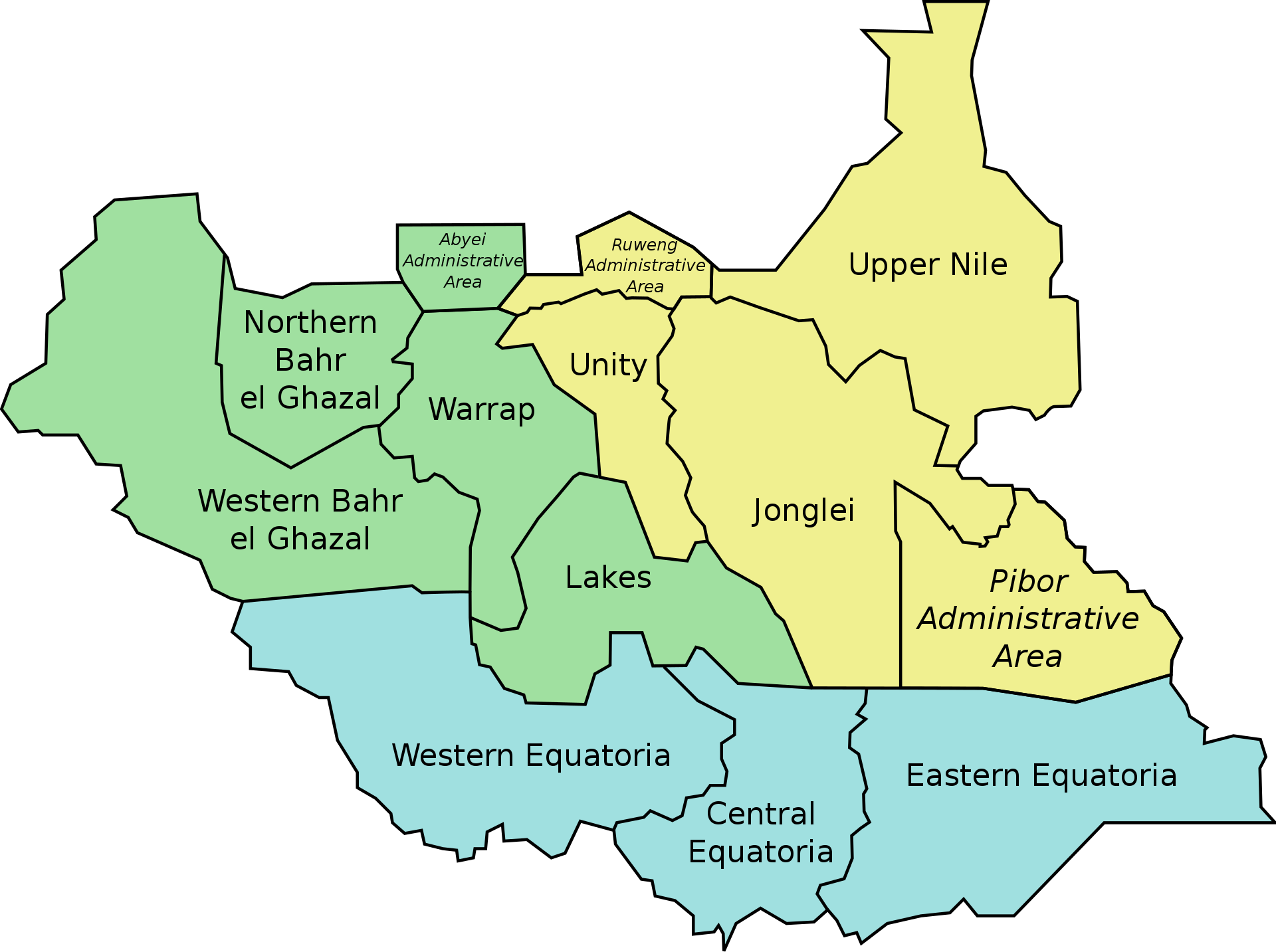
Katie Halper: ‘Useful Idiot’ or Russian ‘infiltrator’?
Popular vlogger and comedian Katie Halper, whose journalistic take-downs of the Democratic Party establishment have been deftly exploited by the Kremlin propaganda machine, wears the accusation that she is a “useful idiot” for Russia as a badge of pride—”Useful Idiots” is actually the sarcastic name of the podcast she co-hosts with the equally problematic Matt Taibbi. We’ve always wondered if such figures really are useful idiots, or something more sinister—knowing propagandists for Vladimir Putin’s reactionary global ambitions. The debate has suddenly exploded onto the left-wing vlogosphere. (Photo: Wikipedia)




